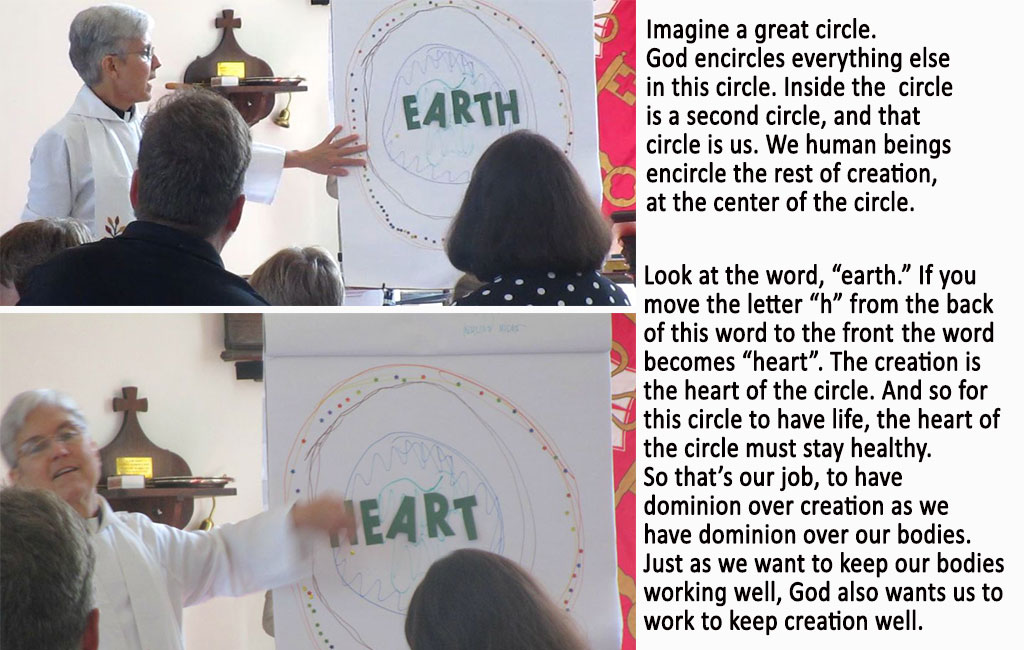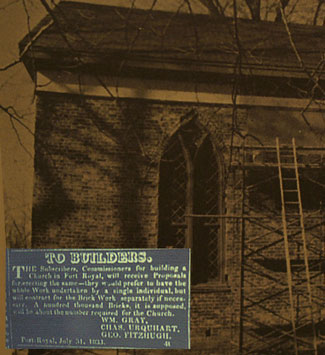I.Theme – Finding identify, confronting power of leaders and molding the growing church.

"Keys to the Kingdom" – Hermoleon
The lectionary readings are here or individually:
Old Testament – Isaiah 51:1-6
Psalm – Psalm 138 Page 793, BCP
Epistle –Romans 12:1-8
Gospel – Matthew 16:13-20
This week is about identity, power and authority of leaders, people and within the growing church. In fact there is little action – we step back, examine ourselves, ask questions and interpret where this is leading us.
This section marks a turning point in both Roman’s and Matthew’s Gospel.
In three prior chapters, Paul has figured out how God will bring all peoples into the grace of Jesus Christ, even the Israelites who, by rejecting Jesus, seem to have given up their status as the Chosen People. Now Paul focuses on what life as one body with diverse gifts looks like as he blends both Jew and Gentile. And with one body comes worship. We must adopt a new mind set, in order to recognize God’s will for us.
Paul insists that we should offer our bodies and minds to God, open to actively being used and changed – thus our whole lives become “spiritual worship.” There is a wonderful promise that in doing so, we may discern the will of God.
He identifies core activities in his Kingdom though in his time the actual churches were far more dispersed. Note that the gifts listed here are focused not on the “institution” of the church, but on the core activities of the Christian community with each other and on mission in the world—proclaiming God’s living word, serving others, teaching, coaching, giving, leading, and offering mercy . The body only functions when everyone’s gifts are being exercised. The image of the church as the body strongly challenges giving excessive authority in the church to particular individuals or positions, as the body only functions when everyone’s gifts are being exercised.
In the Gospel, up till now Jesus has been teaching the crowds the mystery of the Kingdom in the face of growing hostility from the scribes and Pharisees. Jesus now withdraws with the disciples to begin forming them into his ‘church’.
The gospel text poses a challenge to the authority that comes from Roman might, or divine rule by their gods. And it is happening in their backyard – in Caesarea Philippi . So who is Jesus to challenge the foundation of society ? “Who do others think I am and who do you think I am?”
Jesus’ identity is composed in the context of God’s interaction with Israel as well as the power of Jesus’ own time. When Peter declares Jesus to be the Messiah or the anointed one of God, images of political independence are certainly in the air.
In his words to Simon Peter, Jesus gives authority to him and the other disciples – to a bunch of fishermen, tax collectors, rebels and others, who misunderstand him 9 times out of 10, and do not fit anyone’s conventional notion of leaders.
In doing so, however, the Gospel writers are not just interested in correctly defining who Jesus is but also in shaping a community molded in light of his actions and teachings. And so these questions of identity are not just a matter of definition but of formation, not just doctrine but discipleship.
There are two key symbols present here. "The rock" is the symbolic anchor for the church and is could be Christ or Peter’s insight of Christ. Christ gives Peter "the keys", the ability to unlock the mysteries of the Kingdom; they may also be a symbol of authority over the Church Originally, when one came to seek the king’s help or counsel, the servant’s job was to open the door to the king’s house and assist him in reaching the king. Christ’s servants, the ministry, have a similar responsibility to assist those God is calling in coming to their King, Jesus Christ.
Isaiah is not about the identity of leaders or churches but the people themselves.
In the Isaiah passage it is not the leader whose identity is under scrutiny, but the people themselves, as the prophet asks them to look to their own heritage. Although this passage points to several moments in Israel’s story, the most overt reference is to Abraham and Sarah.
In the Psalm identity comes in the context of praise, the psalmist continuing the words of thanks, this time to the “name ” of god, because of God’s “steadfast love and faithfulness. “Name” was an important concept in the ancient Near East. Names reflected the natures and characters of the person who bore them and were conceptually equal to the essence of ones being. The Psalmist is providing identity to God, one how provides “love and faithfulness;” who “increased my strength within me” , “cares for the lowly”, keeps him safe and confronts the psalmist’s enemies.
Read more










